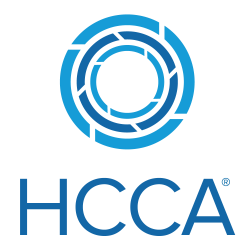When the numbers don’t add up at budget time, it usually means there’s a problem. Precision and integrity are critical to fiscal consistency and quality. Without either, operations are left flying dangerously in the dark. It’s no different when it comes to clinical trial data integrity.
Thought leader John Neal, founder and chairman at PCRS Network, LLC and current chair of ACRP’s Association Board of Trustees, with feet both in the clinical trial and accounting industries, sees some interesting parallels between the two arenas. “If the accounting industry was operated like clinical trials today, it would be a nightmare [because] financial communities wouldn’t be able to know financials were scrutinized with any consistency,” he says.
In years past, regulatory bodies including the Securities and Exchanges Commission (SEC) worked with accounting industry trade groups to develop consistent standards of performance and reporting. The accounting industry ensures new practitioners work under trained professionals, Neal notes. It’s time for the clinical trial industry to take the lead in the same way, he says.
Just as in accounting, where all parties must be confident in the financial data in question, “in clinical trials, the public and U.S. Food and Drug Administration have to be able to rely on trial data,” Neal says. Getting it right “comes down to better training, better methods, better principles of gathering data, and validating that the workforce has those capabilities.”
While there’s a growing body of evidence suggesting trained clinical trial professionals operate at a higher level, Neal doesn’t need to wait for reams of hard evidence to make what he believes to be a clear point.
“Anecdotally, I’ve seen those with ACRP certification at non-academic medical centers tend to be more efficient with fewer queries per case report form, etc.,” says Neal.
Author: Michael Causey




